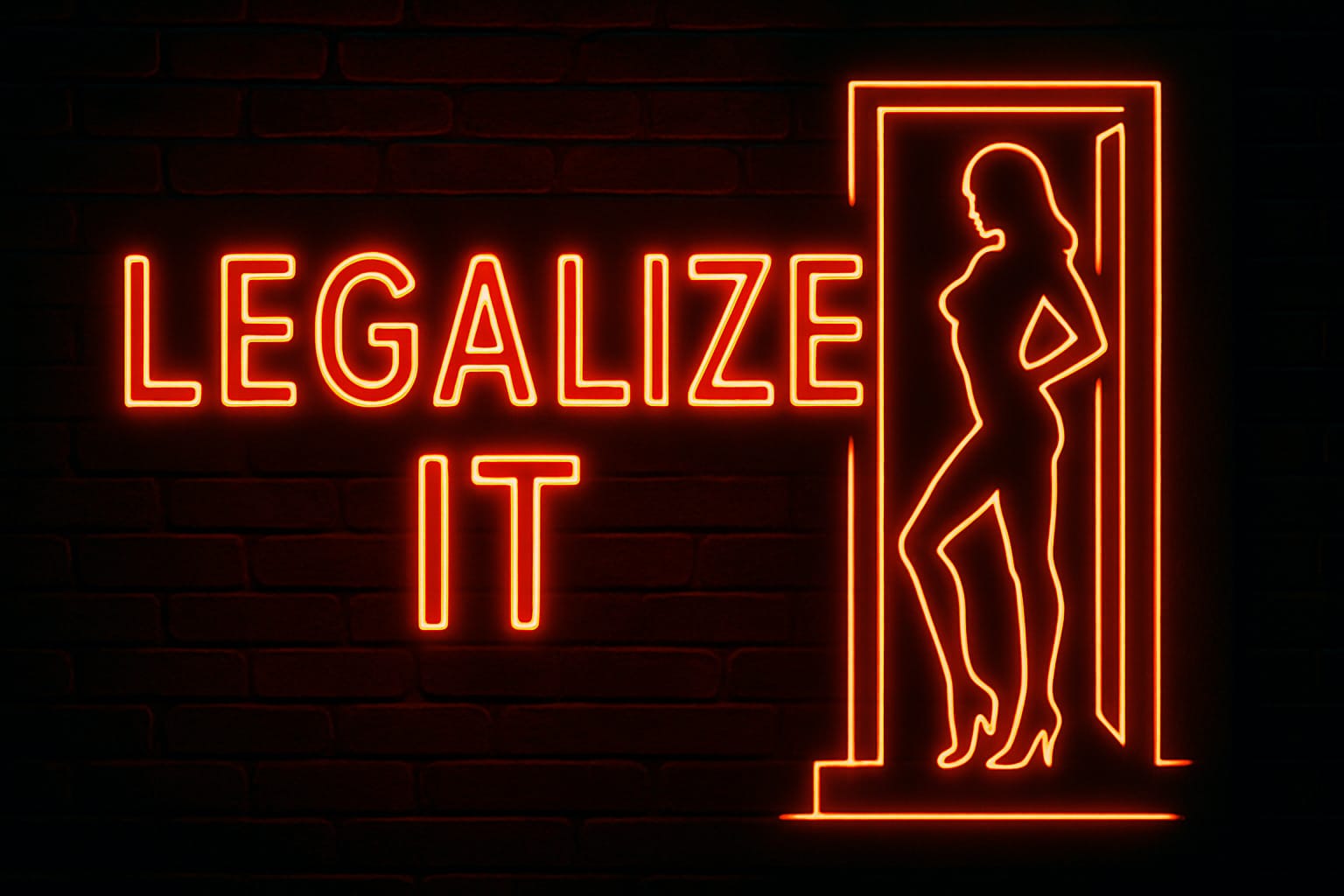The Caribbean presents a paradoxical legal landscape where many countries have legalized marijuana and same-sex relations among consenting adults, yet prostitution remains largely criminalized. Nations like Grenada, Jamaica, Saint Vincent, and Trinidad and Tobago have decriminalized cannabis but maintain bans on same-sex acts, with Grenada moving toward cannabis legalization. This selective approach highlights a cultural and legal inconsistency, where societal acceptance of certain behaviors lags behind legislative changes. Meanwhile, prostitution, often referred to as the ‘oldest profession,’ remains illegal across most of the Caribbean, except in the Dutch Caribbean, though enforcement is rare. This contradiction underscores the region’s struggle to reconcile traditional values with modern liberalization. The United Kingdom, which has historically influenced Caribbean legal systems, has legalized prostitution with restrictions, raising questions about why its former colonies have not followed suit. Legalizing prostitution could provide legitimacy and safety for sex workers, aligning with broader societal shifts toward personal freedoms. However, such a move would require overcoming deep-seated cultural and moral resistance, particularly in societies where colonial legacies continue to shape legal and social norms.
